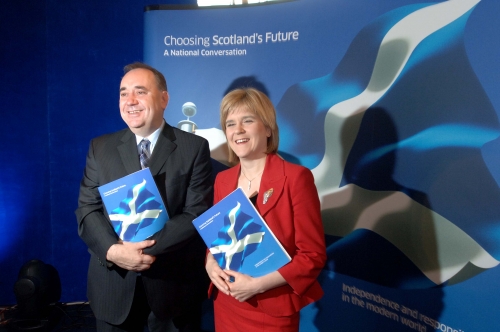
Recent dips in prices have been something of a curveball in the expectations of British motorists, since the universal trend is that the price of petrol and diesel is a pretty steep upward curve. It was recently revealed by Motoring Research that fuel prices hit a three-year low last week, with the AA reporting that the average price of diesel is 133.5 pence per litre, and petrol prices dipping below 130 pence nationwide.
Surely, it’s an occasion to be joyous about, but with motorists now being warned to anticipate a significant increase in prices over the next few months, the party is to be short-lived. The overall cost of motoring has been stubbornly high for a number of years now, with vehicle owners constantly looking for ways to slash their insurance premiums, maintenance costs and fuel consumption.
From the Source
Falling crude oil prices are a major contributor to the price drop. Iran’s petroleum minister Bijan Namdar Zaganeh told Shana, an Iranian oil ministry news service, that “the decline in crude prices is due to seasonal fluctuations and will not last.”
Oil prices over the coming months will be increased in order to ensure that petrol remains an attractive investment. If prices are too low, the return on investment will not be substantial enough for anyone to want to pump money into the industry.
For the time being, Europe is making the most of the drop in prices, but despite the falls in prices across the continent, the UK is falling behind. Paul Watters, head of AA public affairs, said: “Drivers on the continent have been enjoying these lower prices sooner.” This is despite the UK fuel industry’s claim to sell the cheapest petrol in Europe before tax, which means British motorists could feel the least benefit.
Supermarket Wars
However, there is one ace in the hole for the UK petrol industry: supermarkets. The competitive pricing of both unleaded and diesel has been the offspring not only of the “seasonal shift” in crude oil value, but also from a pressure to compete with other fuel providers.
This “price war” was initiated by national giant Asda in the run up to the English bank holiday in August, when the company dropped their petrol prices in a bid to attract families looking to travel across the country to enjoy the long weekend. Those prices were capped at 124.7 pence per litre for unleaded and 128.7 pence per litre for diesel, the lowest price in the country.
Other supermarket chains quickly followed suit, bringing down with them the national average price during the time of the promotion.
Highlands and Lows
There may be an inevitable increase in prices in the near future, but that increase may only be for certain areas of the UK in the potential aftermath of the Scottish Referendum for Independence.
The Scottish government is reported to be considering a fuel duty regulator, primarily to incentivise ‘Yes’ votes. A spokesman for the Scottish government told Auto Express that “Scottish ministers have repeatedly called on the UK government to take action over increases in fuel duty on Scottish household and businesses.” They added: “Independence would allow key decisions on taxation to be made in Scotland.”
It just goes to show the true reach of fuel prices. They’re important to people, so much so that they can be used as political incentives. Rising prices are inevitable with inflation rates and the increasingly skewed supply and demand ratio, but it’s refreshing to see the occasional dip in a generally upward trend.
Comments
Go to blog index
